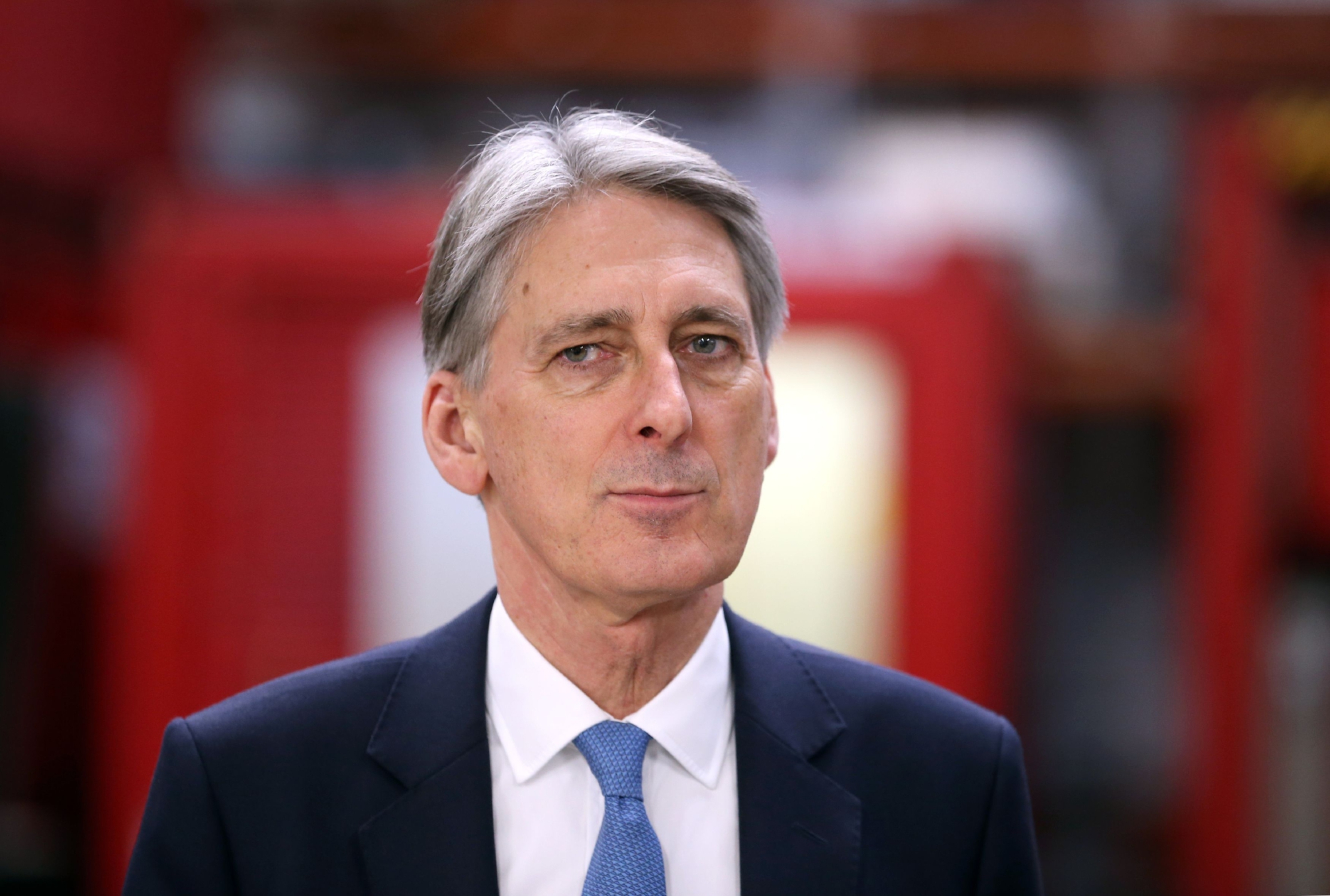Philip Hammond does not give the impression of someone who spends a lot of time in the bookies. The Chancellor of the Exchequer will this week set out his Budget and it is unlikely we will see any big money flutters.
This time last year Spreadsheet Phil’s predecessor George Osborne, if you can remember him, gave gambling companies a let off. Speculation that duties on controversial touch screen gaming machines in high street betting shops would be raised proved unfounded.
Fixed-odds betting terminals have been called the “crack cocaine” of the betting industry by anti-gambling campaigners and a few taps of a phone screen can also see the habit fed from the comfort of your living room.
So why is there unlikely to be any great move to curb and control an industry that provide lots of good, light hearted fun but can also very easily destroy people’s lives?
Look to the lobbyists. In one hand there is a tasty looking carrot, in the other a very sharp stick.
The same tactics were – and to an extent still are – used by the tobacco and alcohol industries but both of these have seen stringent restrictions put in place on much of what they do, particularly when it comes to pricing and advertising.
That is certainly not the case for the gambling industry. Try and watch a game of football without having Ray Winstone or some other second rate actor suggesting you fork out some more cash.
Have a listen to a commercial sports radio programme and count the number of times “betting partners” come on to help preview big events.
It is insidious.
Kevin Stewart, now an SNP minister but then a Holyrood committee chair, was subject to “aggressive” behaviour from industry body Senet when he was taking evidence for an investigation into high-stakes gambling machines.
The MSP also revealed that bookmaker William Hill sent a representative to track him down at an SNP conference in Aberdeen.
All of this forced John Heaton, chief executive of Scotbet, to eventually apologise on Senet’s behalf for the perception that bookmakers were being “overly aggressive”.
So there’s the stick, although it is to both Mr Stewart and the Scottish Government’s credit that plans have been announced to subject betting operators and pay day lenders to increased planning controls.
To the carrot then, and a report this week that Corri Wilson, the SNP MP for Ayr, Carrick and Cumnock, has accepted gifts and hospitality worth £1,400 from companies involved in the gambling industry, including free entry to every race meeting in Scotland.
No one from William Hill needs to make a return trip to Aberdeen for the Nationalist conference in a fortnight’s time as she has already hosted a breakfast briefing for the company at Westminster and penned a parliamentary motion commending Britain’s bookmakers.
Ms Wilson sits on the SNP’s national executive committee and the party says she has done nothing wrong.
This is of course correct in the sense that there is nothing to stop industry meeting politicians, indeed that in itself is common place, and any agreements between the parties in this case appear to be in the public domain.
It is perhaps worth pausing for thought, though, to consider the future direction of travel for our country.
At what point will there be a realisation that gambling that the potential to be the next great health crisis, not attacking our lungs or liver like cigarettes and alcohol but instead destroying mental health?
More crucially, will our politicians be brave when faced with offers they’ve previously been unable to refuse?










